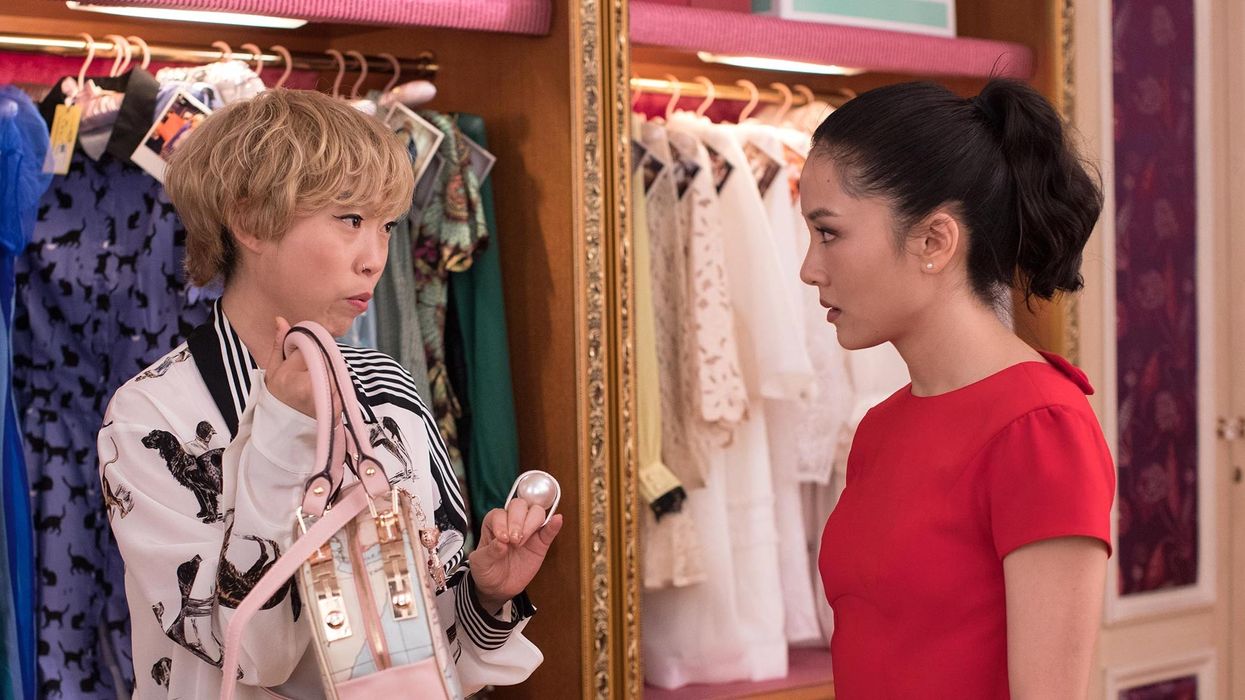Should We Worry About the Future of Entertainment? Maybe
If you're at all media savvy, then you're probably aware of the tectonic shifts that have taken place over the last few years.

And many of these shifts are causing huge changes within the entertainment industry. For example, there are numerous over-the-top streaming services, most popping up so frequently it's almost impossible to keep track of them. Disney will soon pull all its properties off Netflix onto its own streaming service, Disney+, leaving Netflix potentially barren. Then, earlier this year, we saw Steven Spielberg publicly berating Netflix only to turn around and join Jeffrey Katzenberg’s new mobile streaming platform, Quibi.
What is going on?!
Couple all this uncertainty over these platforms with the ongoing debate over theatrical distribution. Can the traditional model of releasing a movie in the cinema, then moving it into home/streaming release, survive in today's world of instant gratification? Will small, arthouse indie films still have a place alongside the blockbuster tentpoles?

The entire article is worth a read and includes some great insight. Here are some key takeaways.
The importance of theatricality
Several of the featured subjects talk about the issue of "theatricality." This is how well a movie will perform as a product that gets people to leave their homes and spend the money to sit down in a movie theater.
Director Paul Feig mentions his movie, A Simple Favor, as one that probably should have been streamed instead of distributed wide via theaters. It actually did fine at the box office, but performed much lower than many of his other films.
Octavia Spencer insists on the traditional theatrical release first, while Lena Waithe acknowledges that small-town moviegoers simply won't have the same access to arthouse films like Moonlight without the help of streaming services.
Why streamers are beneficial
Many of the interviewees point to streaming services as a platform willing to take more risks. So while the big studios have started veering away from hit-or-miss genre films like romantic comedies, or even plain comedies, as Kumail Nanjiani mentions, streamers are willing to pick up the slack.
There's still an audience for those films, most certainly, as was demonstrated when Netflix found itself with hit To All the Boys I've Loved Before. It had been so long since audiences saw something like that, an unabashed rom-com, that its popularity was something of a surprise.
Outside of genre flicks, streaming is also where you'll find first-time directors and writers, and more female directors and writers, get the opportunity to work.
"I’ve seen a lot of female filmmakers get opportunities at Netflix and Amazon that they haven’t gotten through the studio system," Jessica Chastain says in the New York Times piece.
But that, in turn, is influencing how the studios are doing things. Now that executives have seen that a movie like Crazy Rich Asians can perform well, or that persons of color should be considered for lead roles, they're starting to look to those people for their own projects.
Understanding how young people watch movies
In an environment where YouTube, Twitch, and IGTV are easy, accessible, and free, and influencers are the personalities many young people care about, audience engagement with media has changed.
"What I find striking is how much they’re watching pieces of things: 'I saw some of that movie,'" Blum says in the article. "They’re multitasking while they’re watching the things that we’re making."
There's also the issues of binging and instant gratification. When Stranger Things comes out next month, audiences will probably devour the episodes over a weekend. It's no longer about sitting down for two hours to watch something, but instead investing sometimes days and getting a different kind of payoff.
Quibi is trying to capitalize on these trends by offering short, piecemeal storytelling -- two-hour stories, cut up into episodes that are a few minutes each, made to be watched on a phone.
What's next?
Well, no one is exactly sure, but entertainment is still an exciting place with an undoubtedly bright future. And we've got tips for enterprising creators. Maybe you want to make money on YouTube. You could also try starting your own film festival. There are also plenty of new sites for short-form video.
Source: The New York Times












